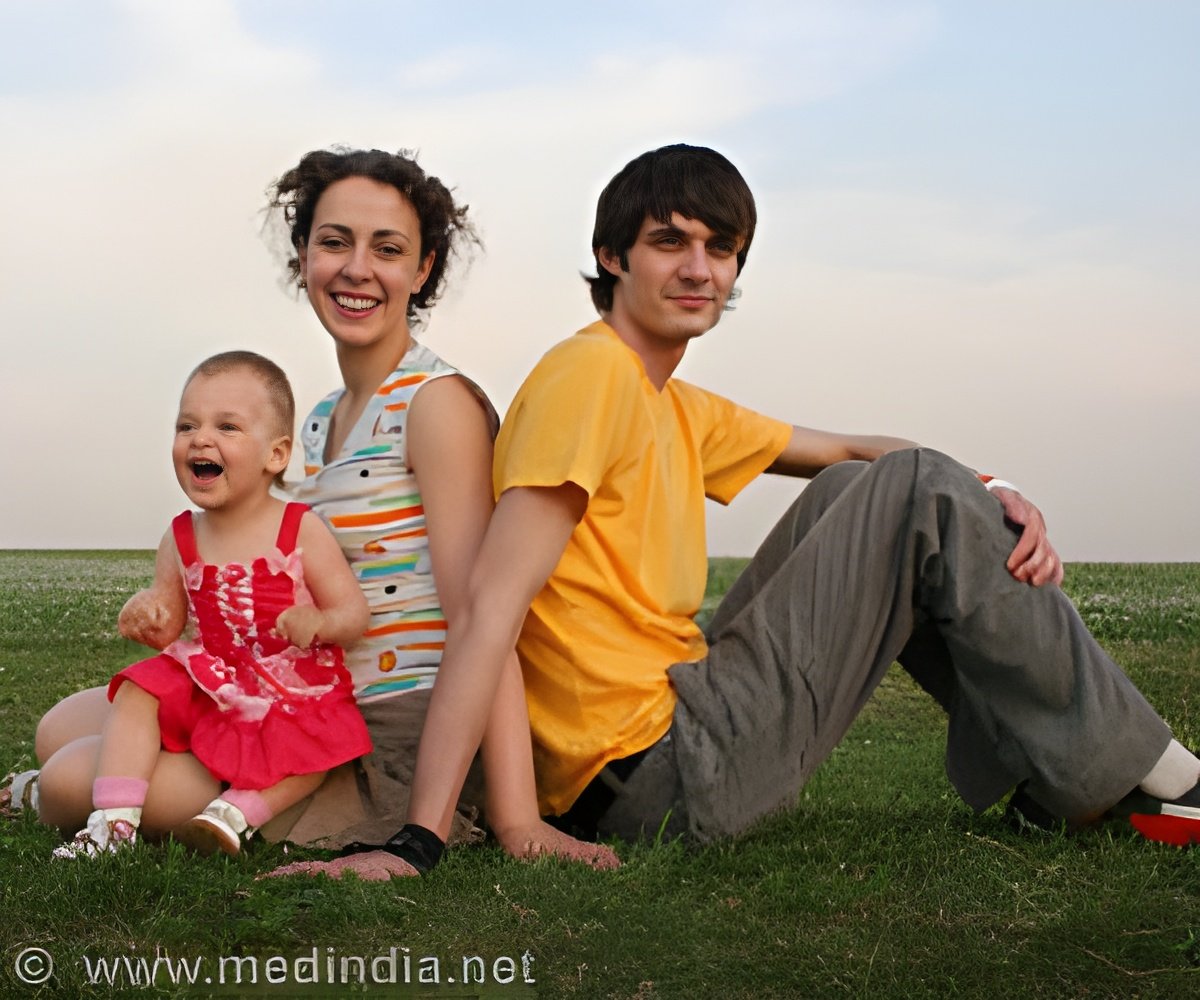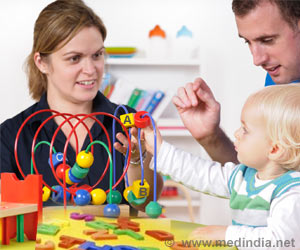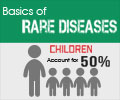Parents develop their role identity in Children with Rare Diseases as a result of progressively overcoming fear through love and trust.

The authors of the study explain that the role of these parents to raise their children needs more emotional strength like trust not blind faith to live without high levels of stress, fatigue, insecurity or uncertainty as a result of more burden on them.
"One mother told us: 'It's hopeless', but another, who had managed to increase her trust for various reasons, told us: 'Things are going to be all right'. That is the difference, and that is what will mark the experience of these mothers and fathers", said Manuel Armayones, another of the researchers on the study.
If they perceive the experience with less suffering from the beginning of diagnosis of rare disease in their children, they can easily adapt to the role of parents and caregivers.
So the healthiest role identity built by parents and caregivers is a result of the long process of relative and self-perception on overcoming fear through love and trust.
Advertisement









